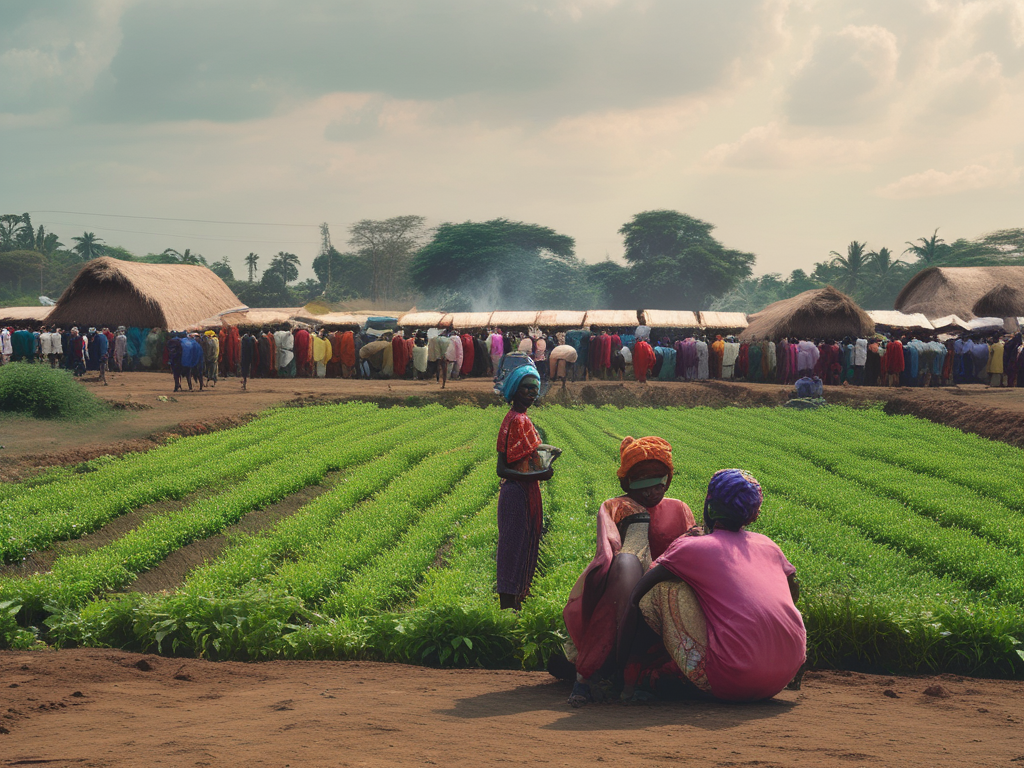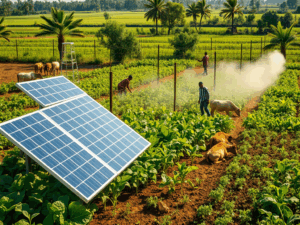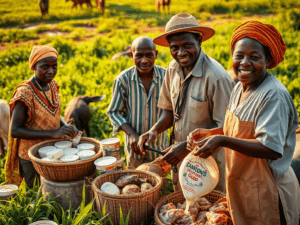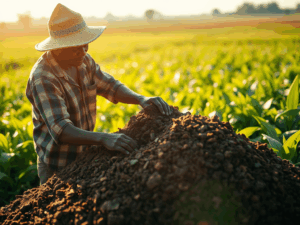In the vibrant and diverse agricultural landscapes of Nigeria and the rest of Africa, non-governmental organizations (NGOs) play a crucial role in enhancing agricultural productivity, sustainability, and the livelihoods of smallholder farmers. Their efforts span from providing technical assistance and training to facilitating access to markets and advocating for favorable policies. This article delves into the multifaceted contributions of NGOs in supporting agriculture and how their work can drive significant improvements in the sector.
1. Capacity Building and Training
One of the primary ways NGOs support agriculture is through capacity building and training programs. These initiatives aim to equip farmers with modern farming techniques, sustainable practices, and knowledge about crop management. For instance, the International Institute of Tropical Agriculture (IITA) offers training programs across Africa, including Nigeria, that teach farmers about improved crop varieties, pest management, and soil health.
2. Access to Funding and Resources
Access to finance and resources remains a significant challenge for many smallholder farmers in Africa. NGOs bridge this gap by providing microloans, grants, and farming inputs such as seeds and fertilizers. One notable example is the One Acre Fund, which operates in several African countries, including Kenya and Rwanda. This NGO provides smallholder farmers with high-quality seeds and fertilizers on credit, along with training on how to maximize their yields.
3. Market Access and Value Chain Development
NGOs also play a vital role in connecting farmers to markets and developing agricultural value chains. They help farmers aggregate their produce, ensuring they can sell in bulk and negotiate better prices. The East Africa Dairy Development (EADD) project, funded by the Bill & Melinda Gates Foundation, assists dairy farmers in East Africa by improving milk production, processing, and marketing. This project has helped increase the income of dairy farmers by connecting them with better-paying markets.
4. Advocacy and Policy Influence
Advocating for policies that support the agricultural sector is another critical role played by NGOs. They engage with governments and stakeholders to promote policies that enhance agricultural productivity and protect farmers’ interests. For example, the Alliance for a Green Revolution in Africa (AGRA) works with policymakers to develop and implement policies that support smallholder farmers. AGRA’s efforts have led to significant policy changes in several African countries, resulting in increased investment in agriculture and improved food security.
5. Research and Innovation
NGOs contribute to agricultural research and innovation by conducting studies and developing new farming techniques and technologies. The World Agroforestry Centre (ICRAF) focuses on research in agroforestry, which integrates trees into agricultural landscapes to improve soil fertility, increase biodiversity, and enhance resilience to climate change. ICRAF’s research has led to the adoption of agroforestry practices by thousands of farmers across Africa, improving their productivity and sustainability.
Examples of NGO Impact
- International Institute of Tropical Agriculture (IITA): Through its training programs, IITA has reached millions of farmers in Nigeria and other African countries, providing them with the skills and knowledge needed to improve their farming practices and increase yields.
- One Acre Fund: Operating in Kenya and Rwanda, this NGO has significantly improved the productivity and income of smallholder farmers by providing them with inputs and training on credit.
- East Africa Dairy Development (EADD): By connecting dairy farmers to better markets and improving milk production processes, EADD has helped increase the incomes of farmers in East Africa.
- Alliance for a Green Revolution in Africa (AGRA): AGRA’s advocacy efforts have resulted in policy changes that support smallholder farmers, leading to increased investment in agriculture and improved food security.
- World Agroforestry Centre (ICRAF): ICRAF’s research in agroforestry has led to the widespread adoption of sustainable farming practices, benefiting thousands of farmers across Africa.
Conclusion
The role of NGOs in supporting agriculture in Nigeria and across Africa is indispensable. Through capacity building, access to funding, market development, policy advocacy, and research, NGOs are transforming the agricultural landscape and improving the livelihoods of smallholder farmers. Their contributions are not only enhancing productivity and sustainability but also fostering a more resilient and prosperous agricultural sector. For agripreneurs and stakeholders in the agribusiness niche, understanding and leveraging the support provided by NGOs can be a game-changer in achieving sustainable growth and development in agriculture.
By staying informed and connected with these NGOs, farmers and agribusiness professionals can tap into valuable resources and knowledge, driving their success and contributing to the broader goal of food security and economic development in Africa.
Unlock Your Agricultural Potential! Discover expert guidance, templates, and checklists for successful agribusiness ventures. SIGN UP NOW: To get latest updates in agribusiness and receive two of our invaluable Business Plans For FREE
Click on: Https://Lajaadesina.Systeme.Io/F52bcbd8-D0afc701





